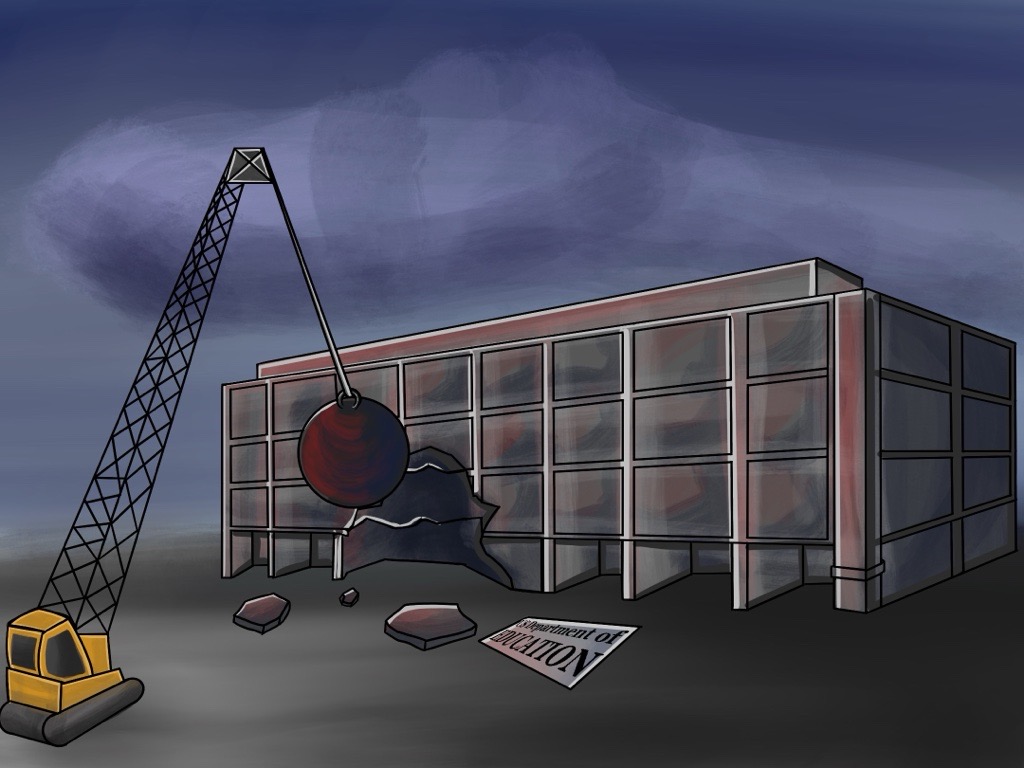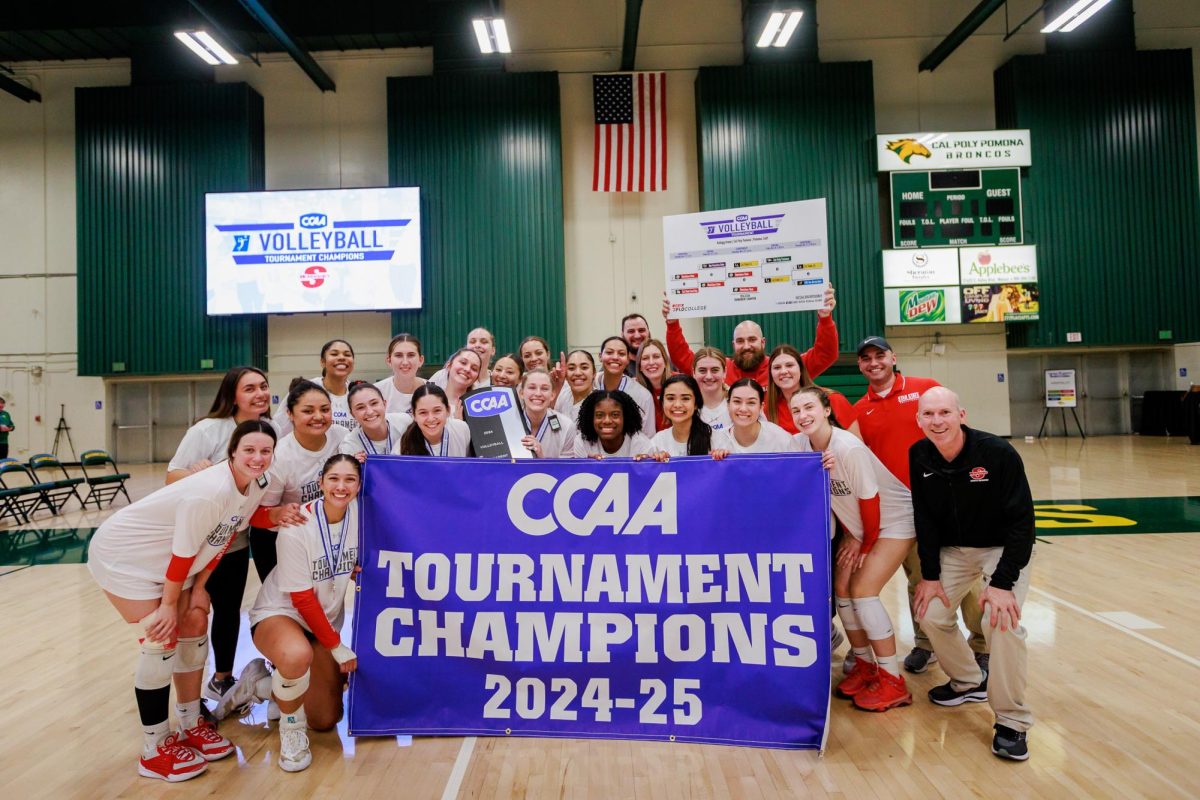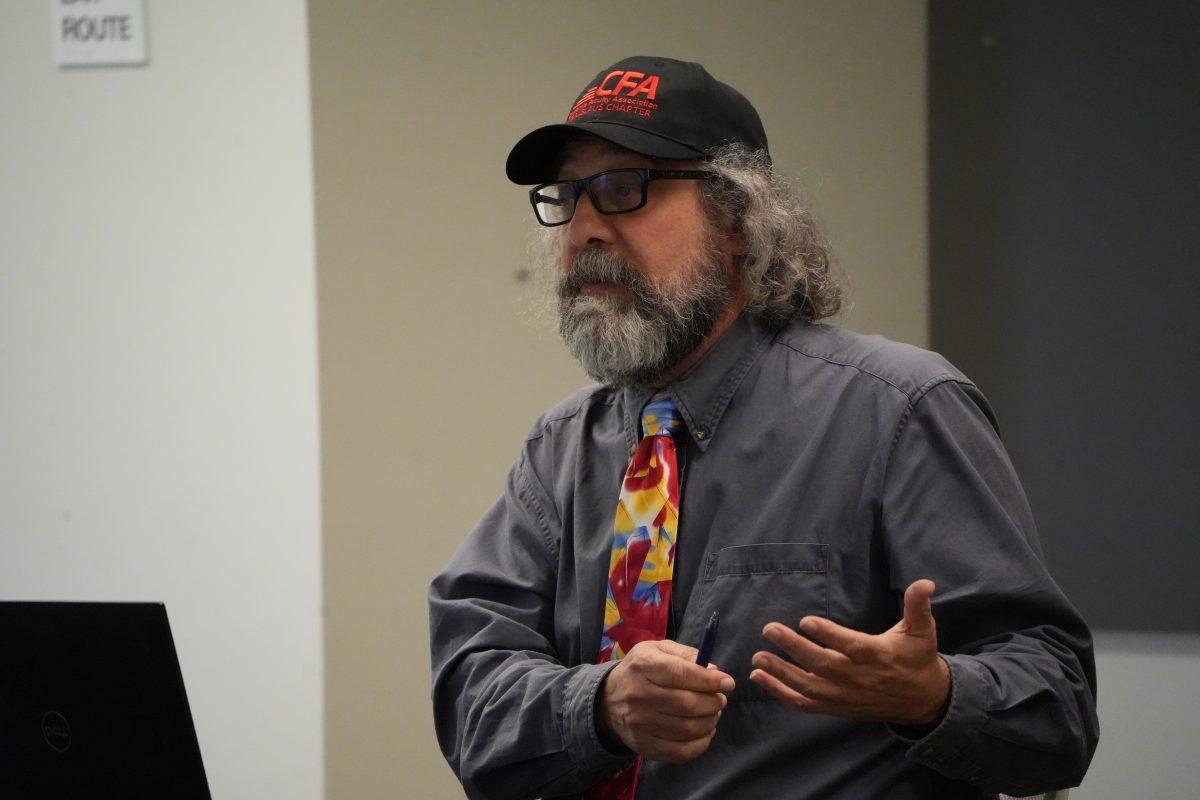AT&T, Cablevision, Comcast, Time Warner and Verizon implemented a six-step warning system, the Copyright Alert System (CAS), last Monday to decrease online piracy.
No laws or measures have have yet been able to control online piracy.
The five aforementioned internet service providers (ISP) previously joined the Recording Industry Association of America (RIAA) and the Motion Picture Association of America (MPAA) in order to create The Center for Copyright Information (CCI).
The CCI’s purpose is to educate users on the CAS and cut down on unauthorized online file-sharing through the program.
The CCI’s executive director, Jill Lesser, updates its official blog regularly.
According to Lesser, the CAS is a six-step process designed to “educate rather than punish, and direct them (online pirates) to legal alternatives.”
The first few warnings are notices making the user aware they may be breaking online copyright laws. Beyond that, each company differs slightly in how they educate or penalize their users.
The Electronic Frontier Foundation (EFF) states that the consequences for reaching the third or fourth strike include receiving a browser lock, completing an online education course or having a phone discussion with an ISP representative about the alleged piracy.
After the fourth strike, users may face stricter punishments. Verizon plans to reduce data speeds in the fifth or sixth strike, and Cablevision will give a 24-hour suspension of internet service.
“The CCI does not expect many subscribers to reach this level of alert ,” Andrew Couts wrote on digital trends.com.
The Electronic Frontier Foundation (EFF) also brings up the concern that many small businesses, such as local coffee shops, will be affected by this system because they provide open wireless internet using residential accounts. Only “legitimate” open Wi-Fi connections, such as the ones found in franchises like Starbucks, are excluded from the CAS.
According to the EFF, if other users participate in questionable activity on an open residential connection, the owner could potentially be blamed.
False alerts may be disputed for a fee of $35.
“I am worried, but I still don’t know enough about it,” Susete Oliveira, owner of local coffee shop House of Java, said.
The issue of protecting users’ online privacy despite the CAS is also controversial.
Some students at California State University, Stanislaus are concerned with projected privacy issues.
“Private agencies [and the public] do not have a right to monitor your personal, private browsing and downloading material,” Christine Gail Overby (senior, Art) said.
“I don’t think internet companies should have rights to look into their customers’ online activity. Privacy is important.”
Categories:
Six-strike system to prevent online piracy
By Reinier Macatangay
•
March 8, 2013
0
More to Discover






